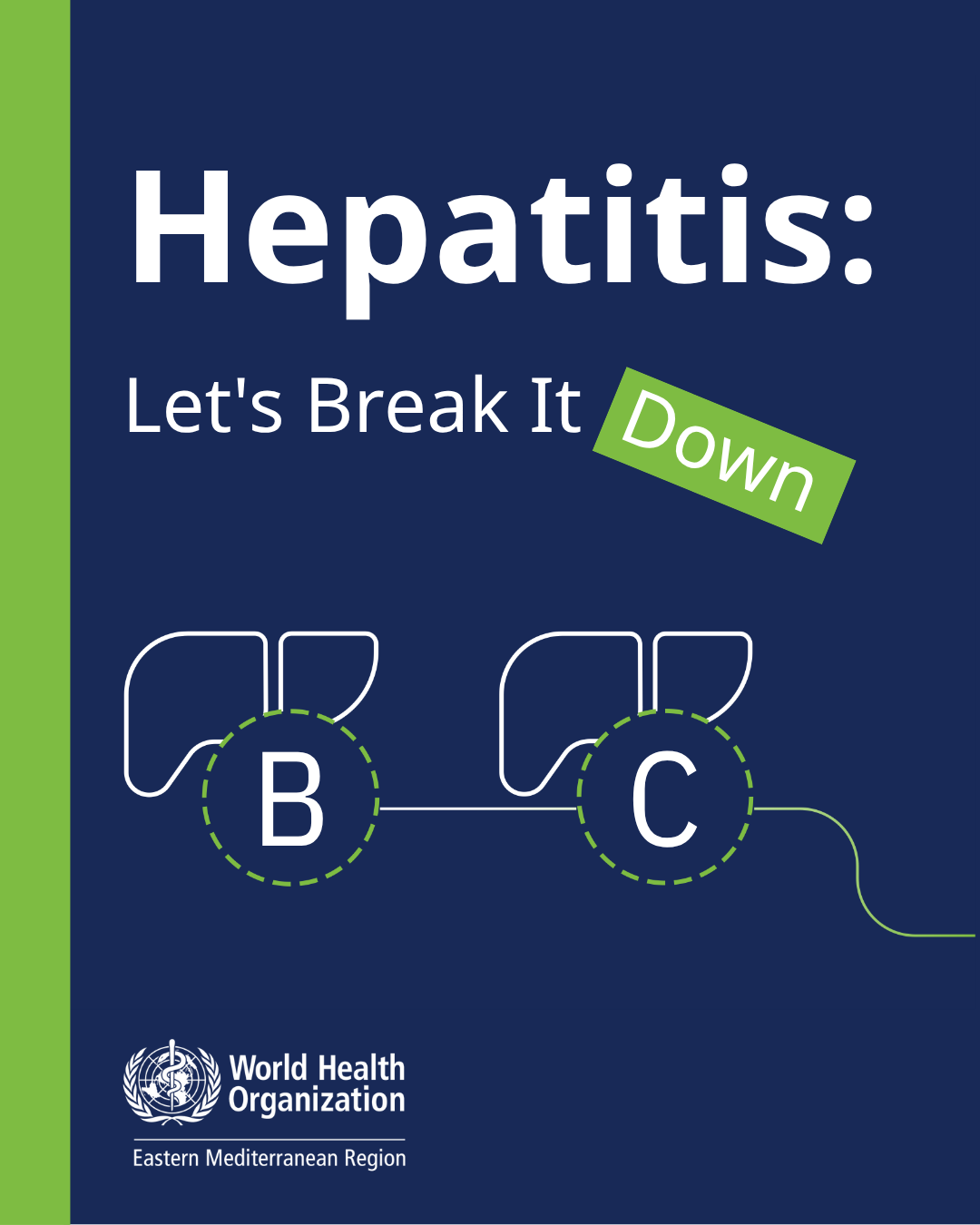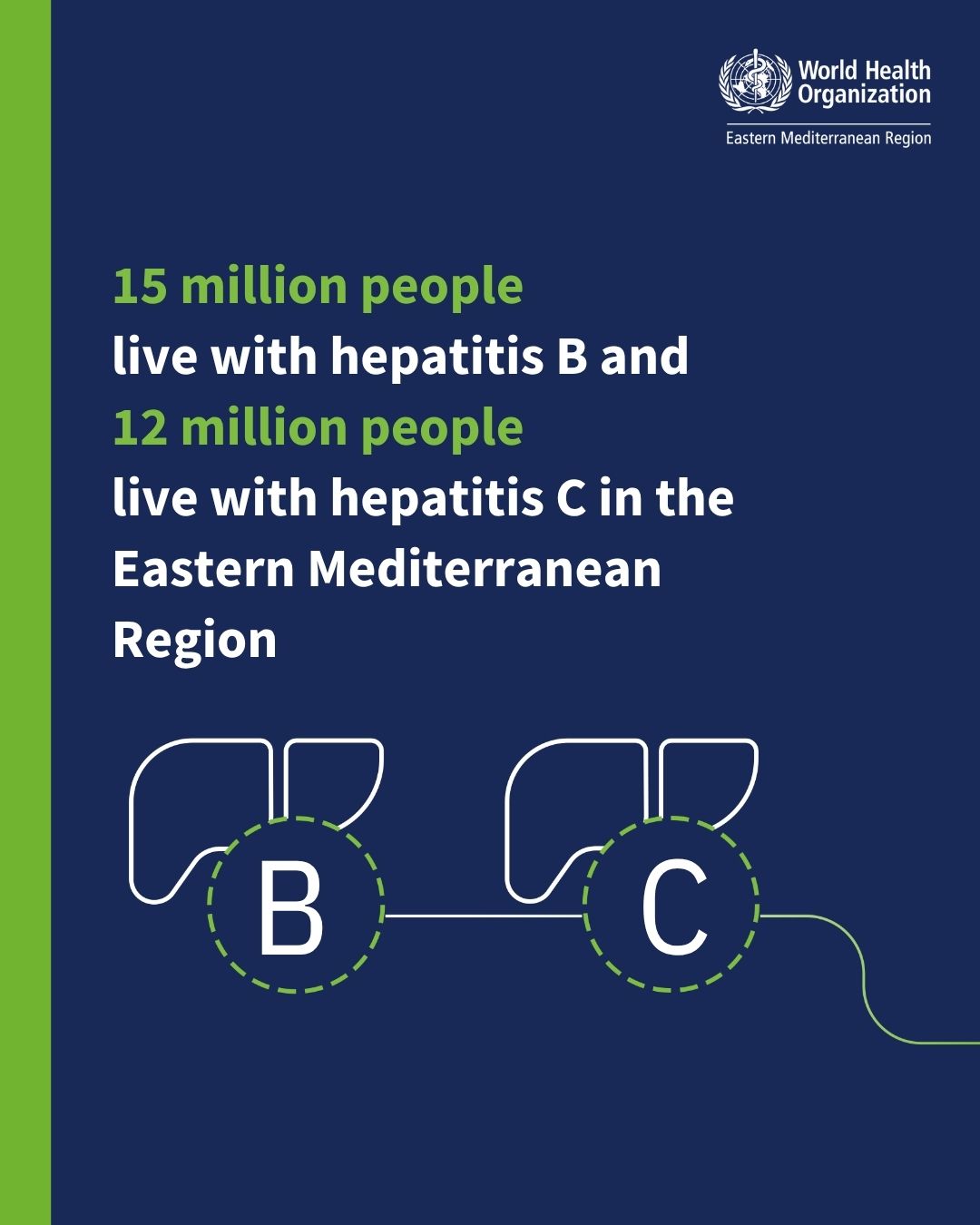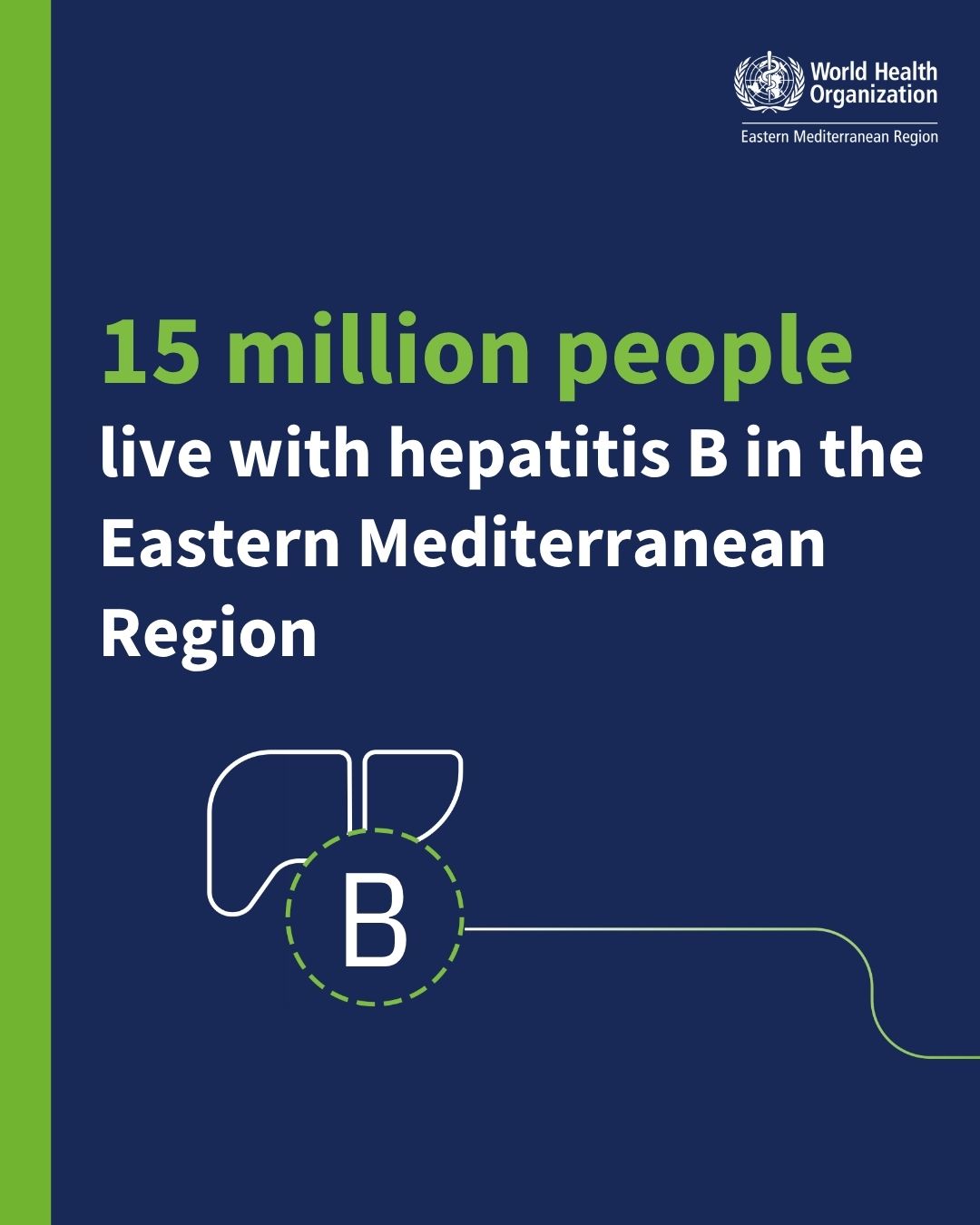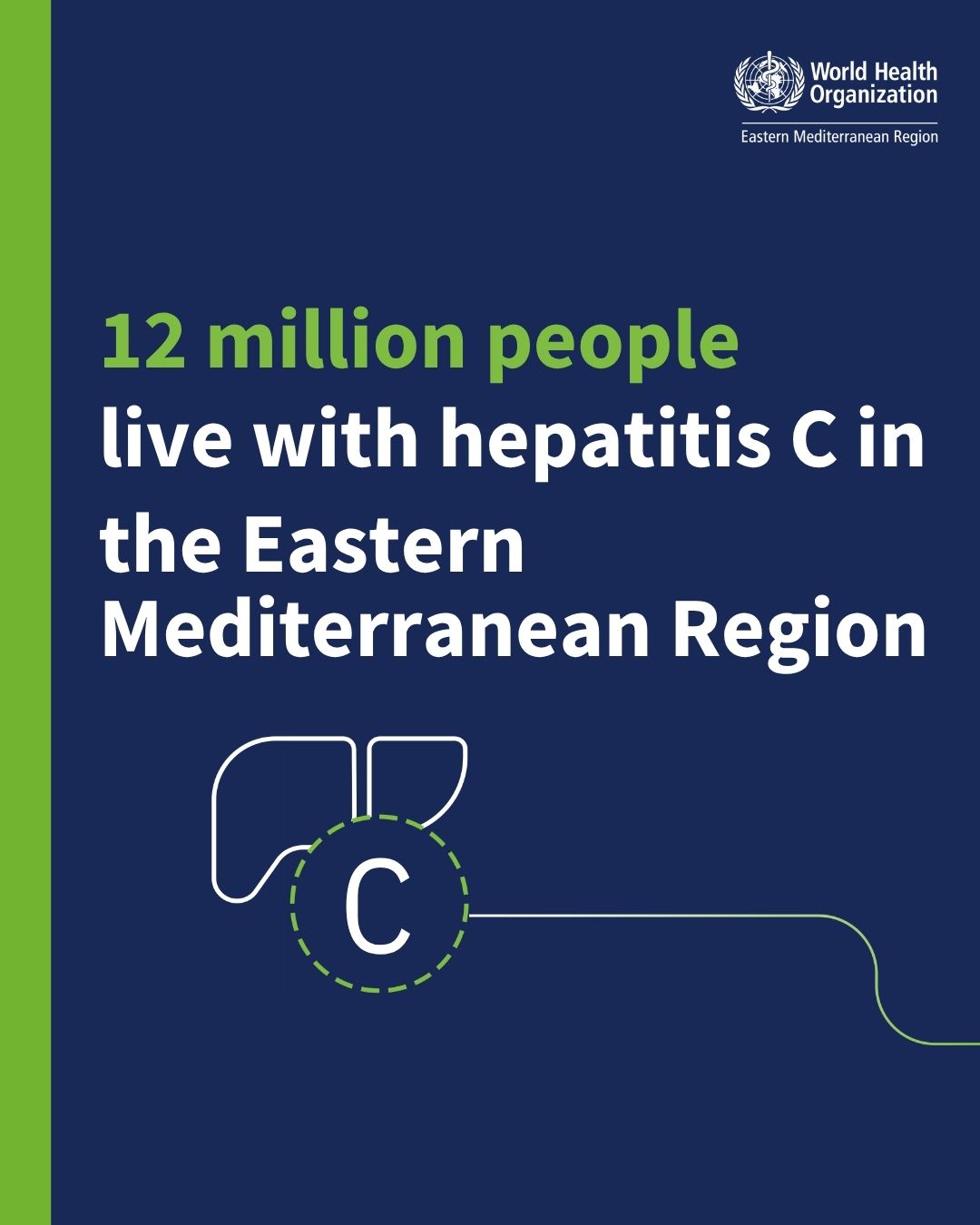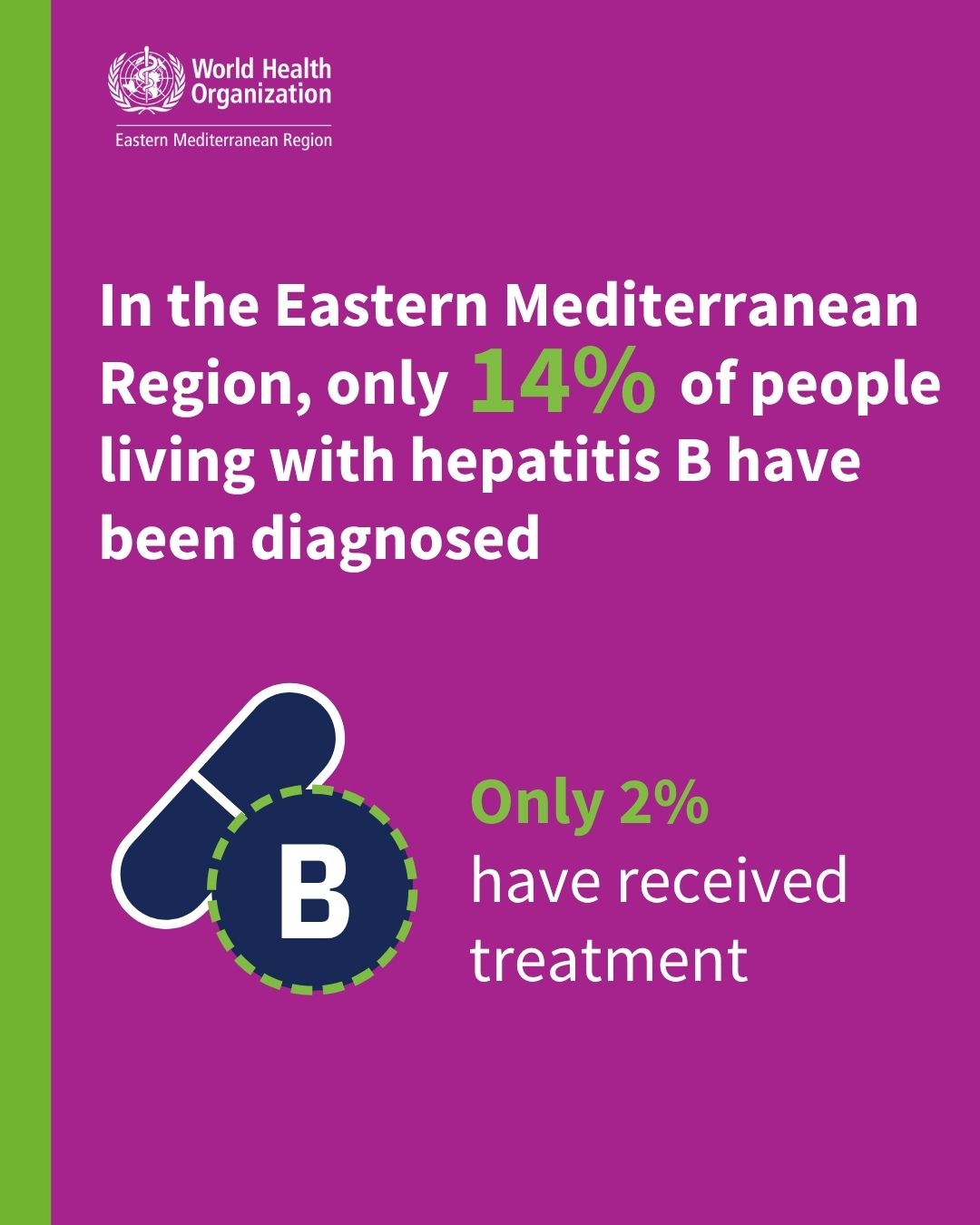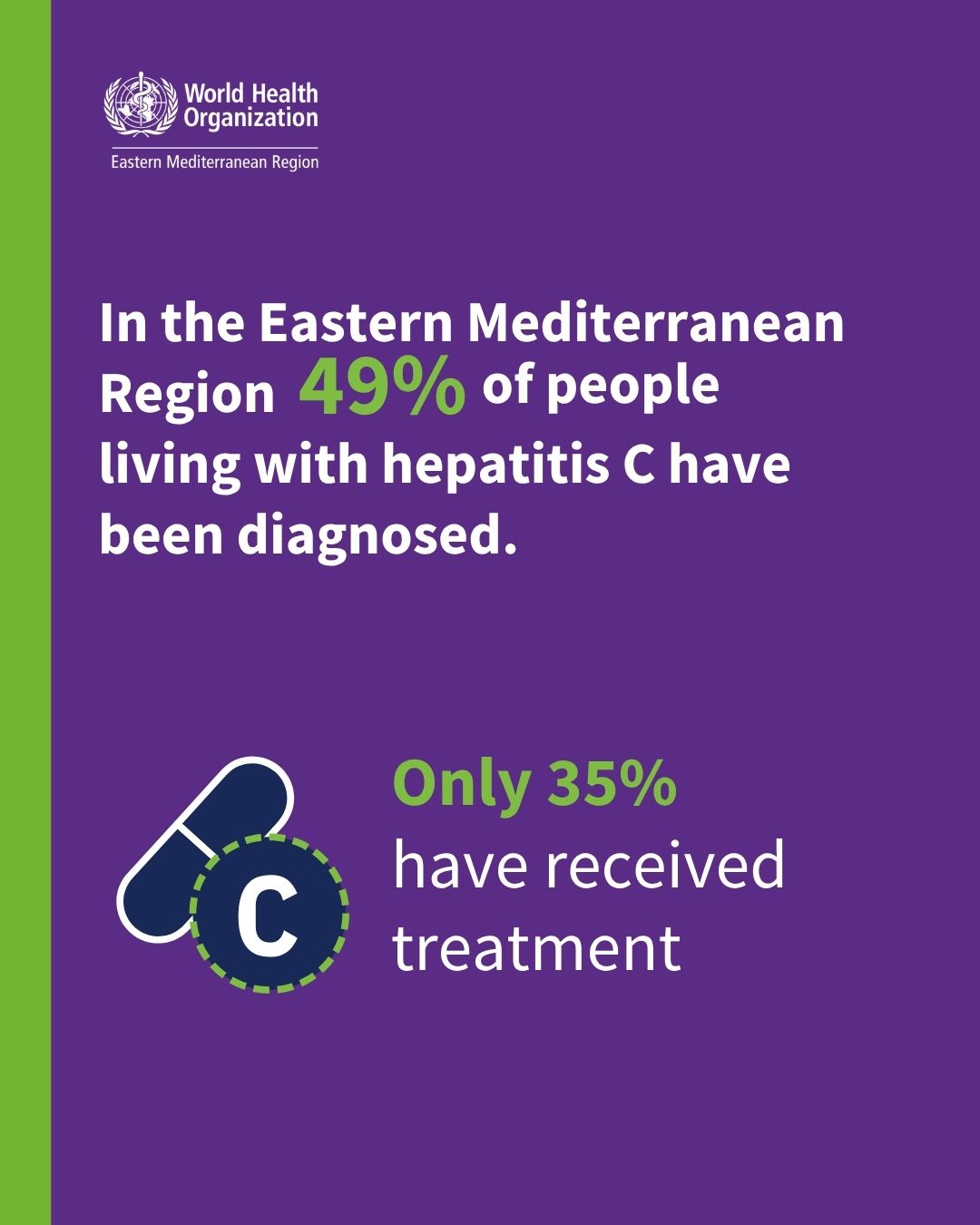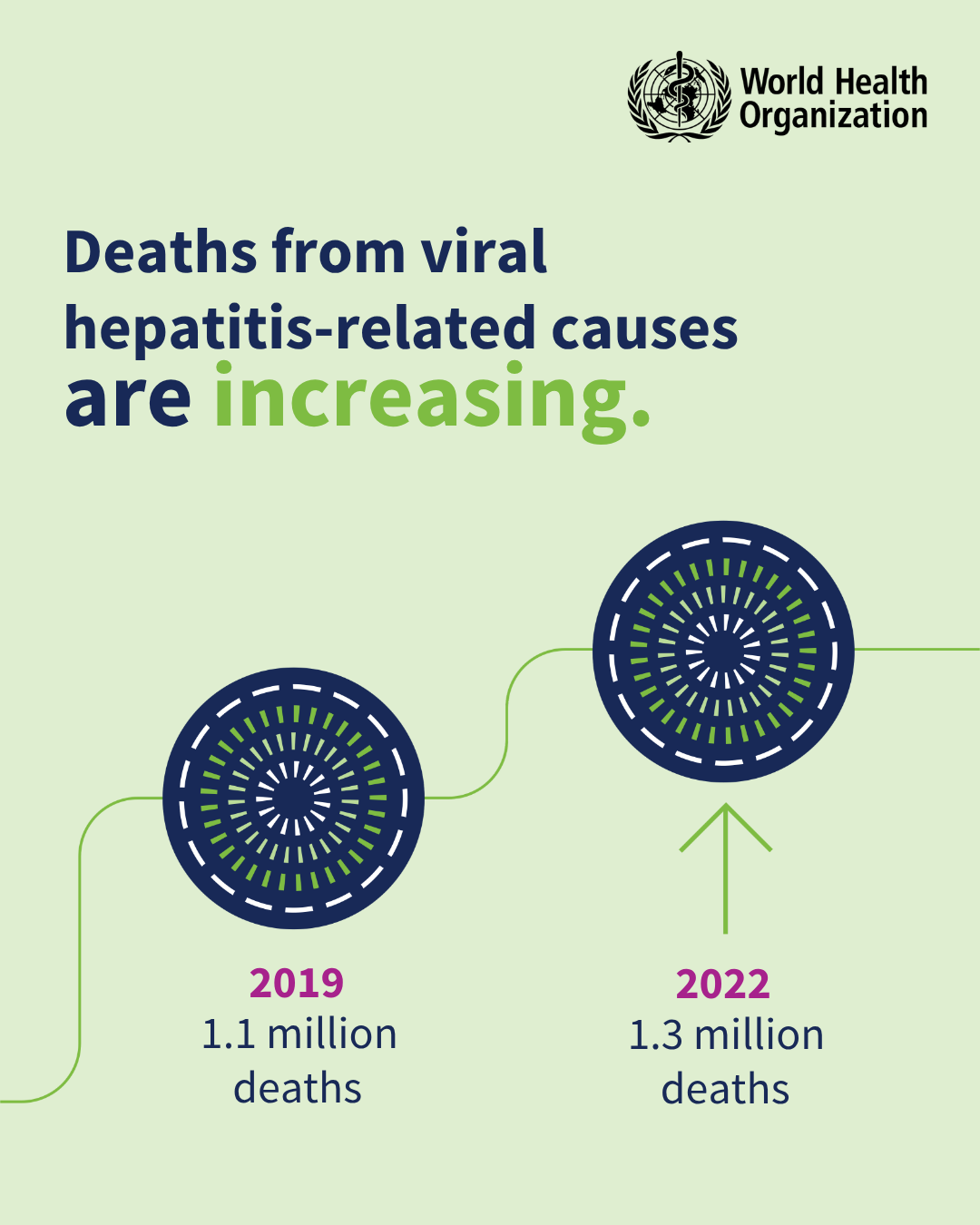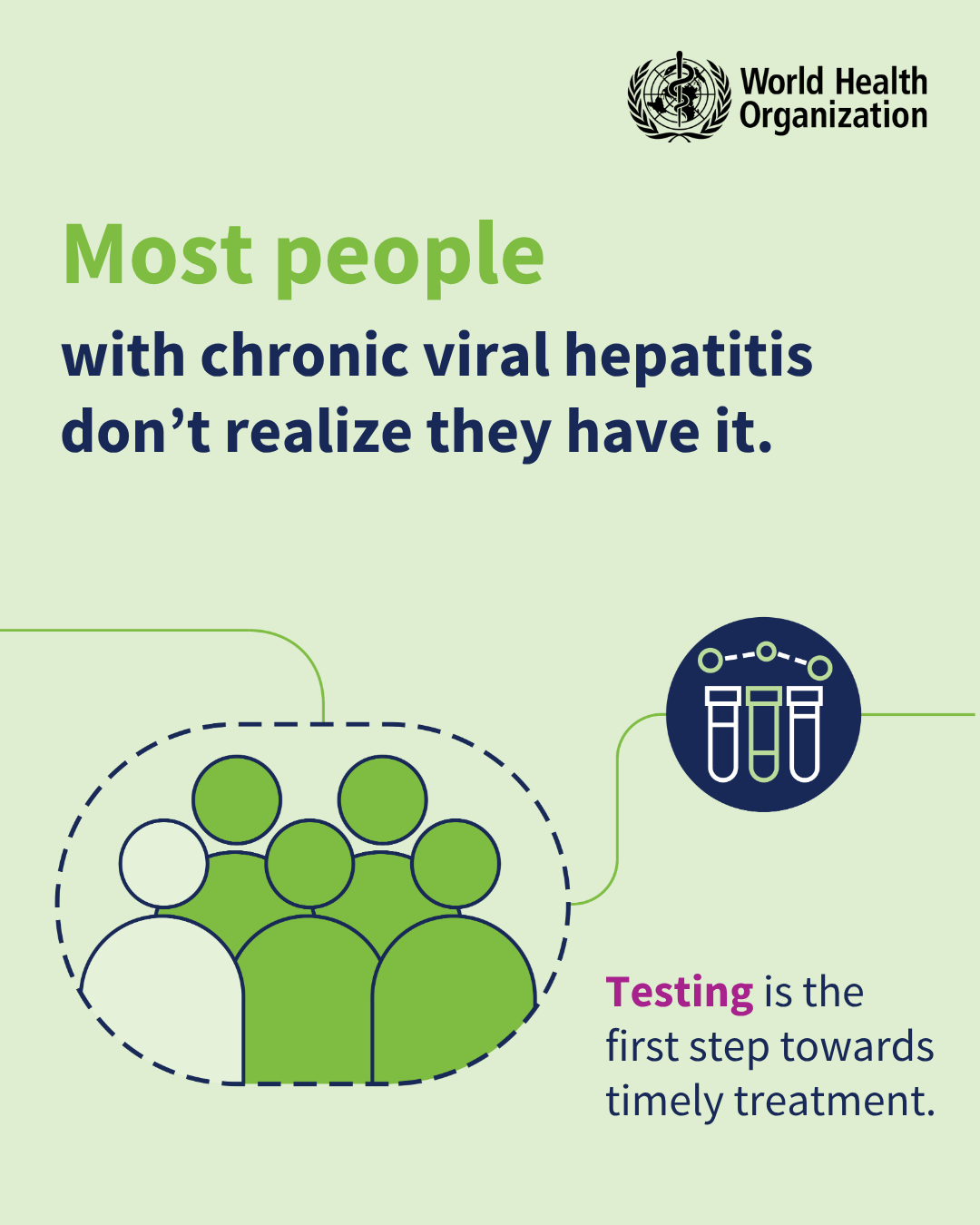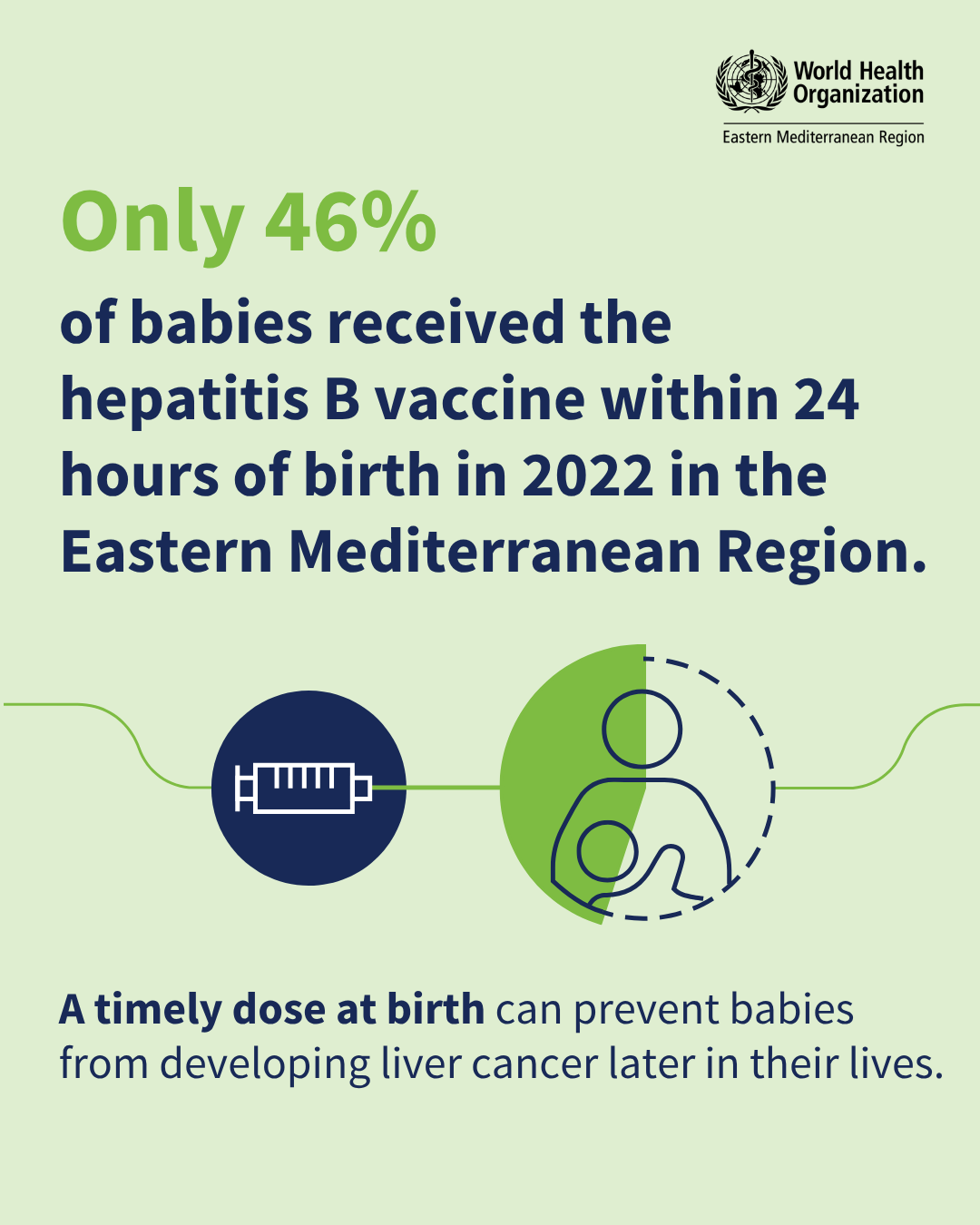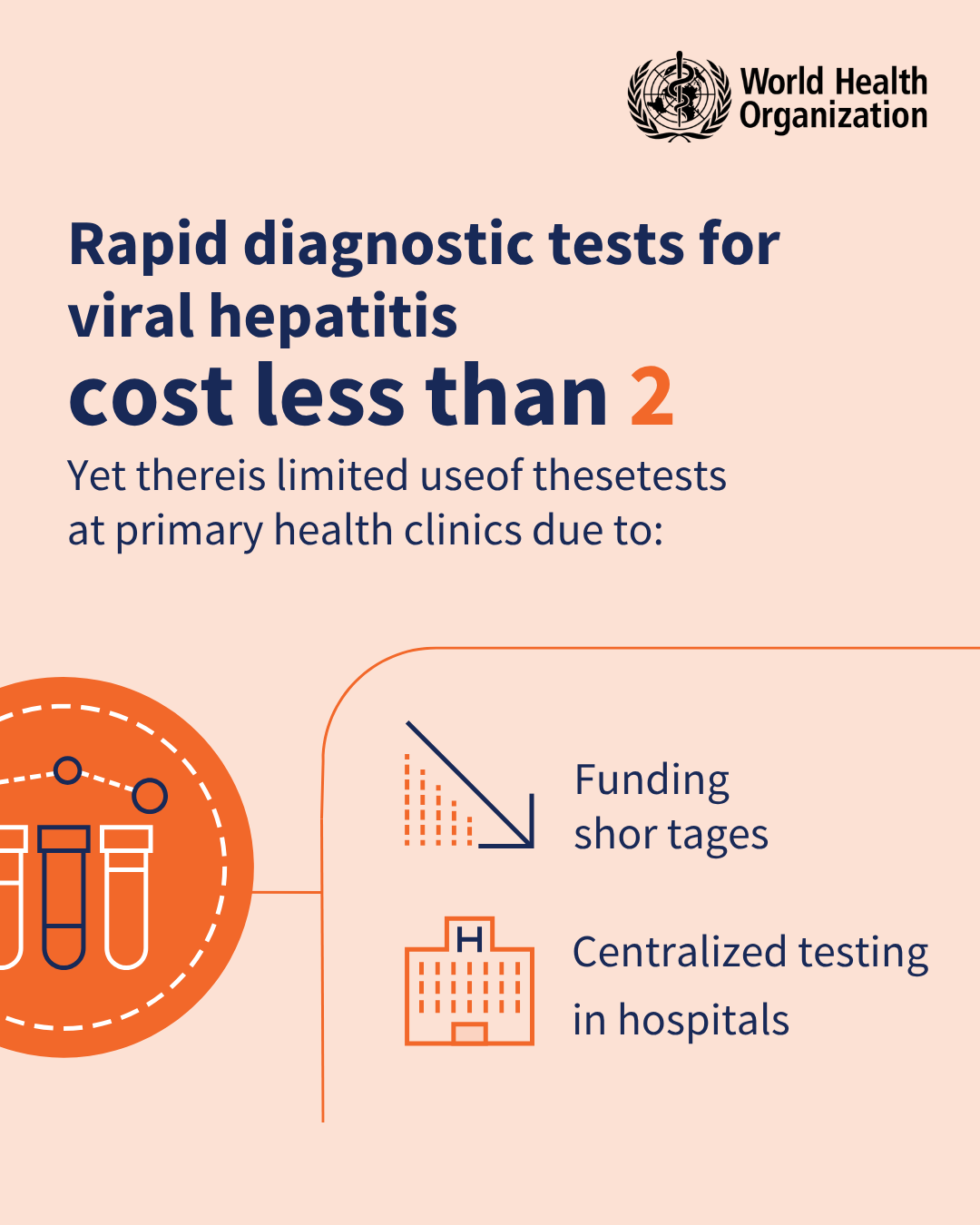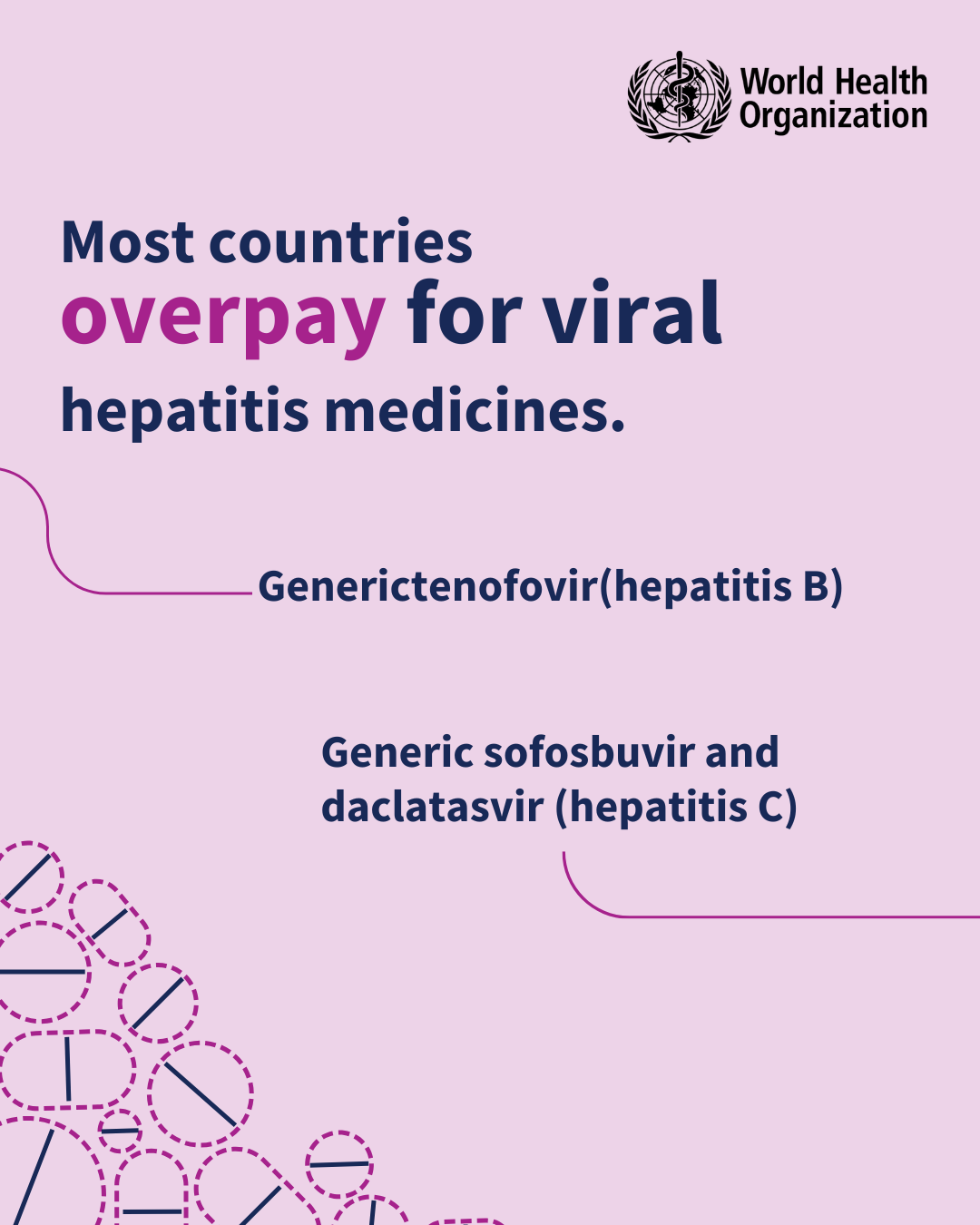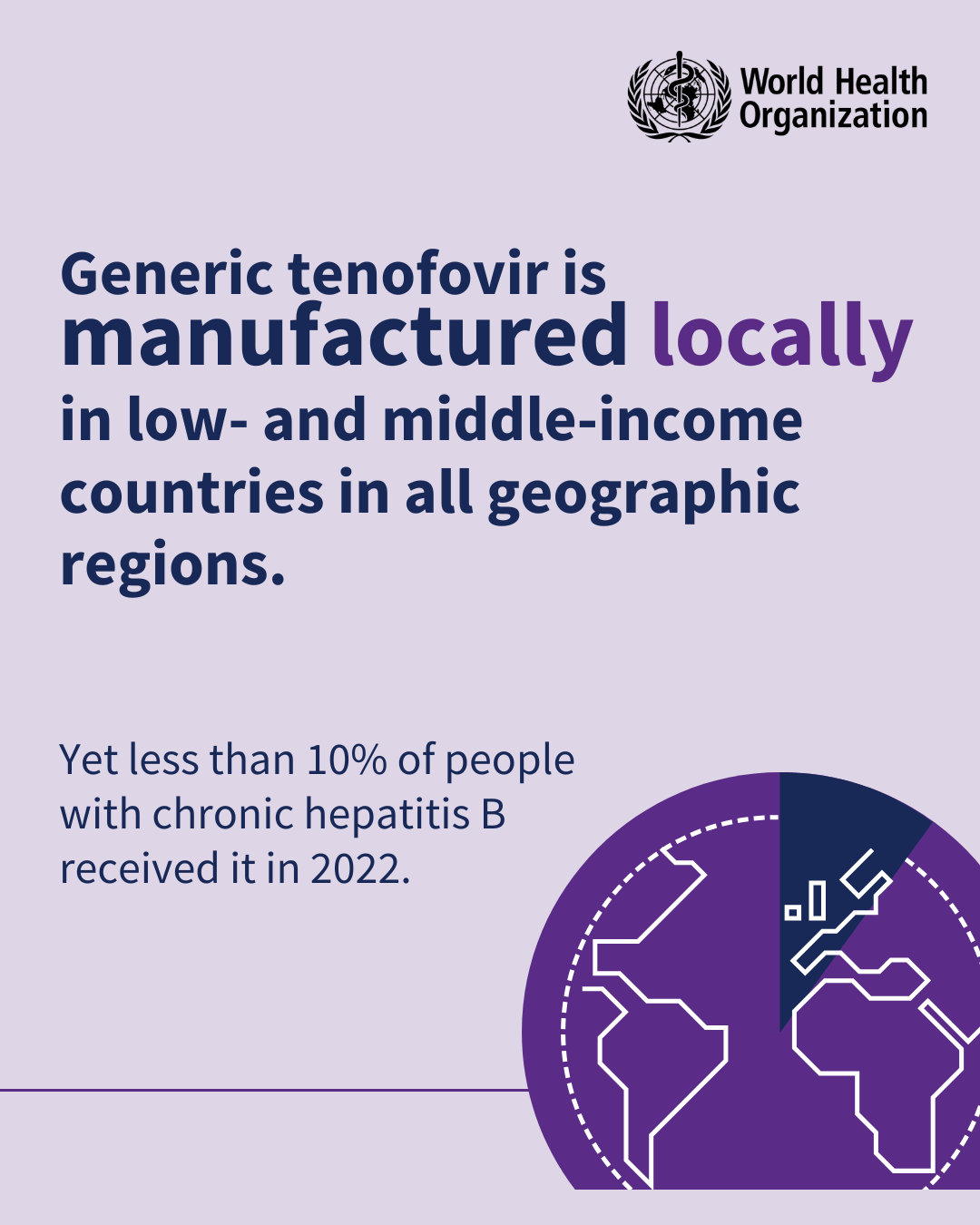
World Hepatitis Day 2025: Let’s Break It Down
On 28 July, World Hepatitis Day, held this year under the theme Hepatitis: Let’s Break It Down, WHO is calling for urgent action to dismantle the financial, social and systemic barriers – including stigma – that stand in the way of hepatitis elimination.
Despite being preventable, treatable, and, in the case of hepatitis C, curable, chronic hepatitis B and C continue to cause liver damage and cancer, affecting millions across the Eastern Mediterranean Region
WHO urges policy-makers and health authorities to simplify, scale up and integrate hepatitis services – vaccination, safe injection practices, harm reduction and especially testing and treatment – into national health systems.
We must act now to expand access, integrate care and end hepatitis as a public health problem by 2030.
Regional success stories
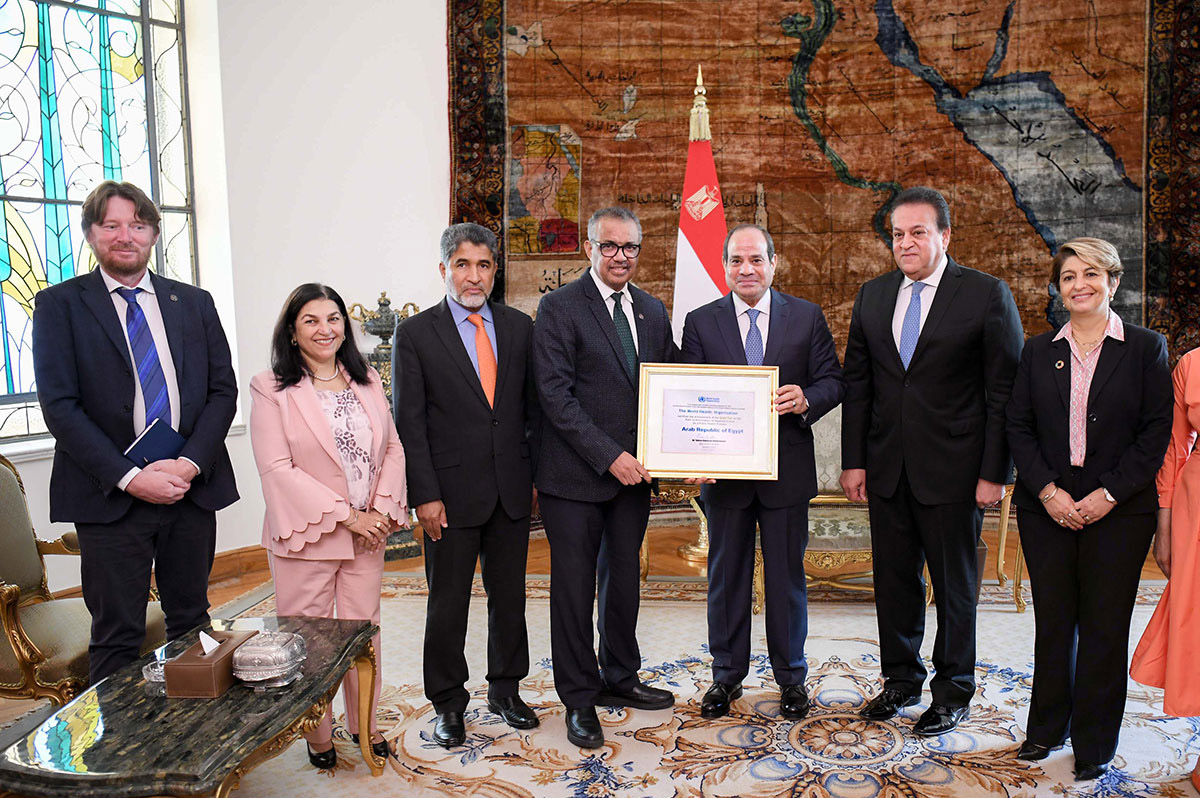
Egypt
In 2023, Egypt became the first country globally to achieve “gold tier” status on the path towards elimination of hepatitis C, as per WHO criteria, and in December 2024 became the first country in the Eastern Mediterranean Region to achieve hepatitis B control status, reducing hepatitis B prevalence to less than 1% among children aged 5 and above and maintaining coverage of over 90% for both the birth and third dose of hepatitis B vaccine.
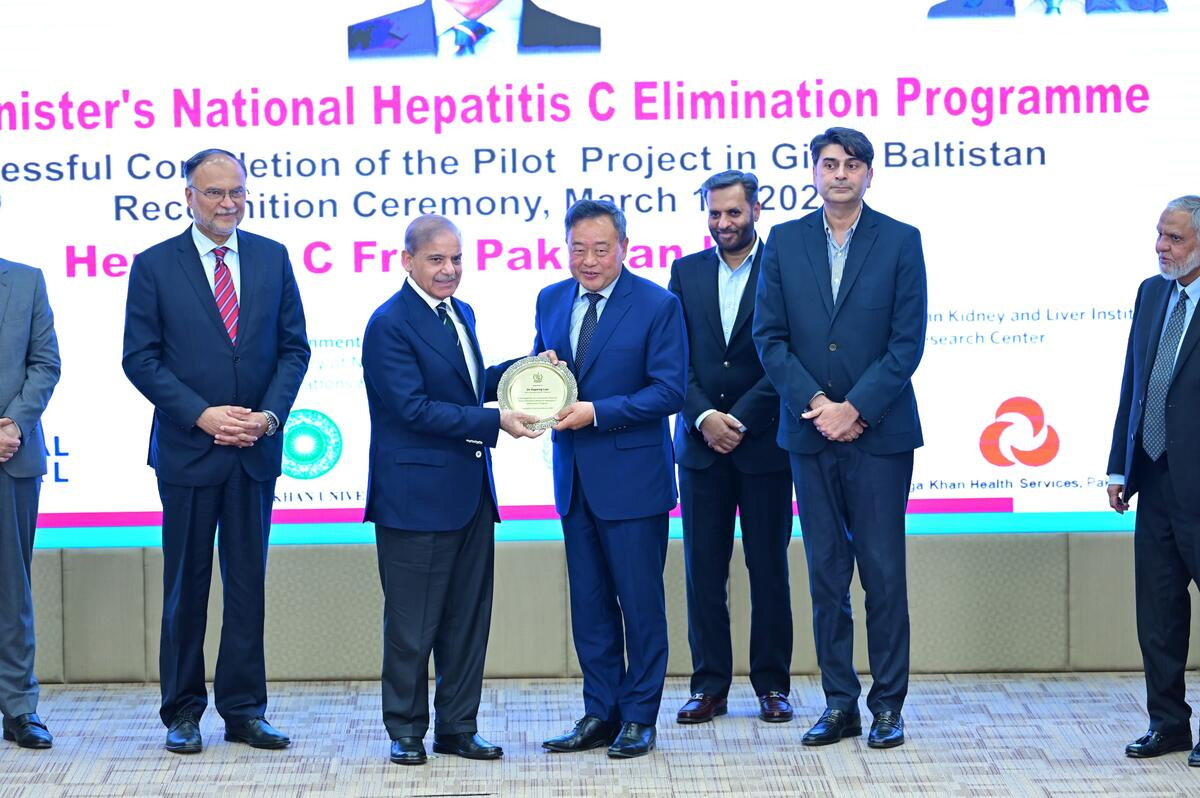
Pakistan
On World Hepatitis Day 2024, Pakistan announced the Prime Minister’s ambitious programme for hepatitis C elimination. Domestic funding has been mobilized to test and treat 50% of the eligible population by 2027. This translates into testing nearly 80 million people aged 12 years and above and treating nearly 5 million people in the next 3 years, with the remaining population tested and treated by 2030.
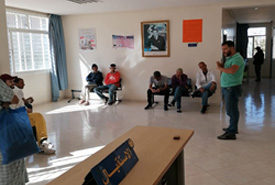
Morocco
Between 2022 and 2025, Morocco's Ministry of Health screened 4260 people who inject drugs, the group with the highest hepatitis C prevalence in the country. A total of 820 individuals with chronic hepatitis C were identified and went on to receive free treatment. Morocco is now preparing to expand the programme.
Campaign materials

On World Hepatitis Day, we reaffirm our commitment to eliminating viral hepatitis as a public health threat by 2030.
This year’s theme, “Hepatitis: Let’s Break It Down,” highlights the urgent need to dismantle barriers to prevention, diagnosis, and treatment across our Region.
Across the Eastern Mediterranean Region, 27 million people live with chronic hepatitis— 15 million with hepatitis B and 12 million with hepatitis C. In 2022 alone, we saw 183,000 new hepatitis C cases, 86,000 hepatitis B infections, and 97,000 hepatitis-related deaths —each one a life that could have been saved.








